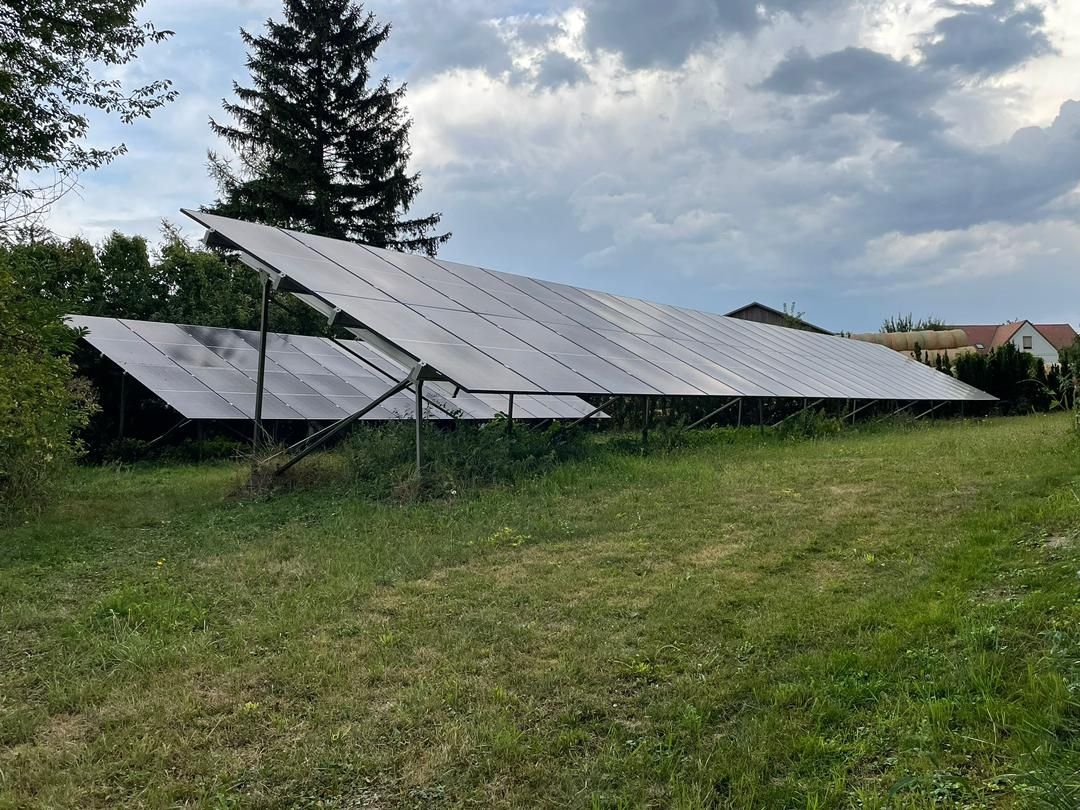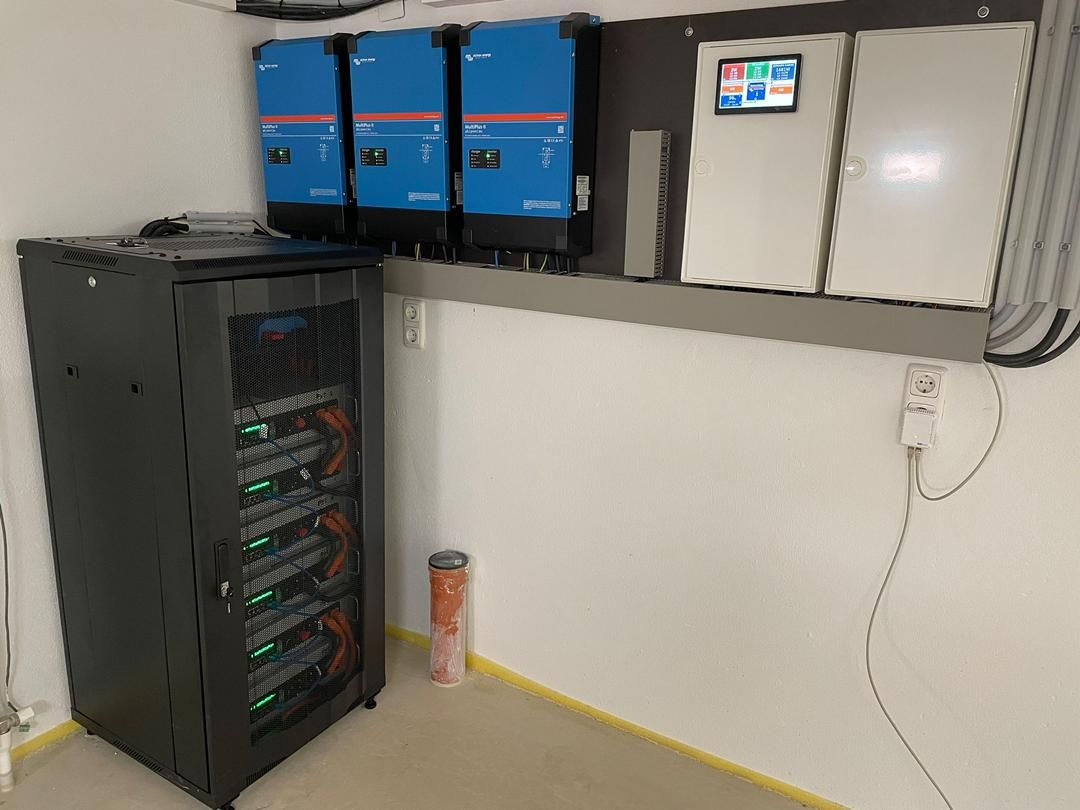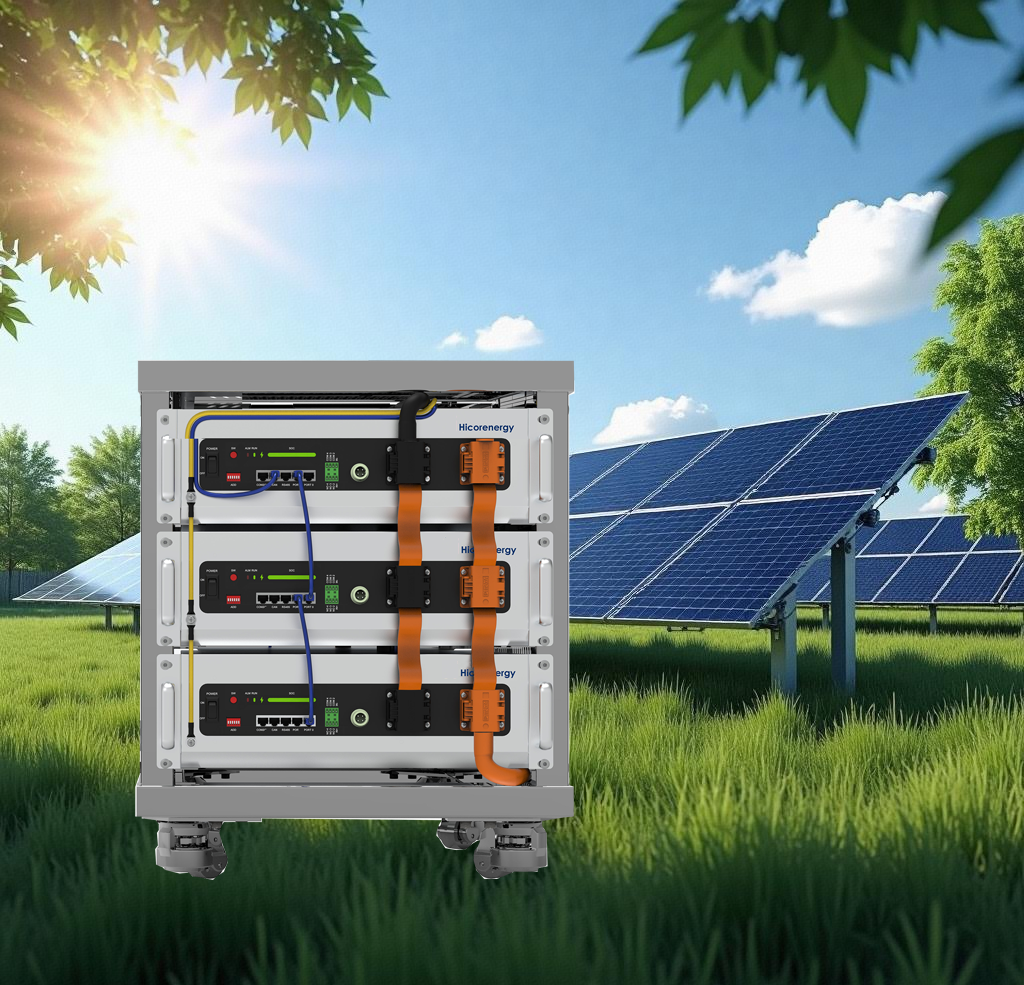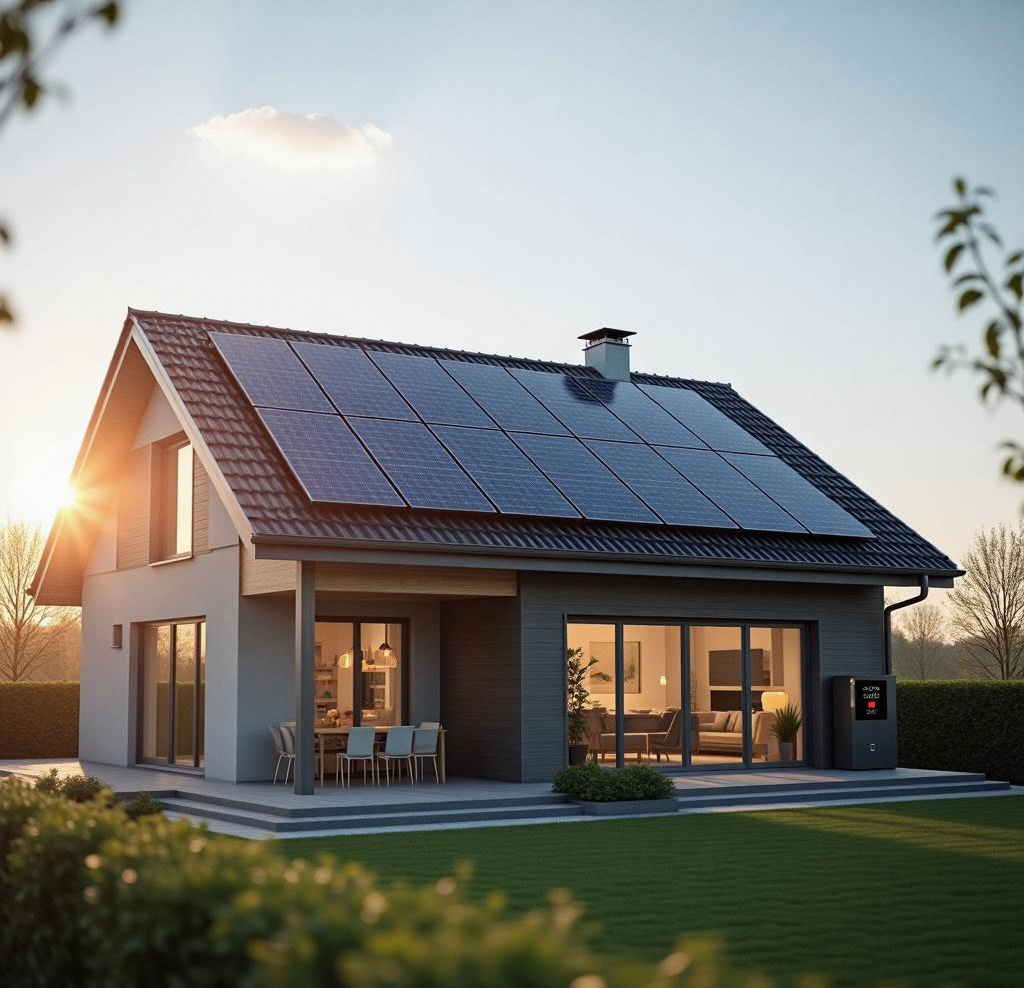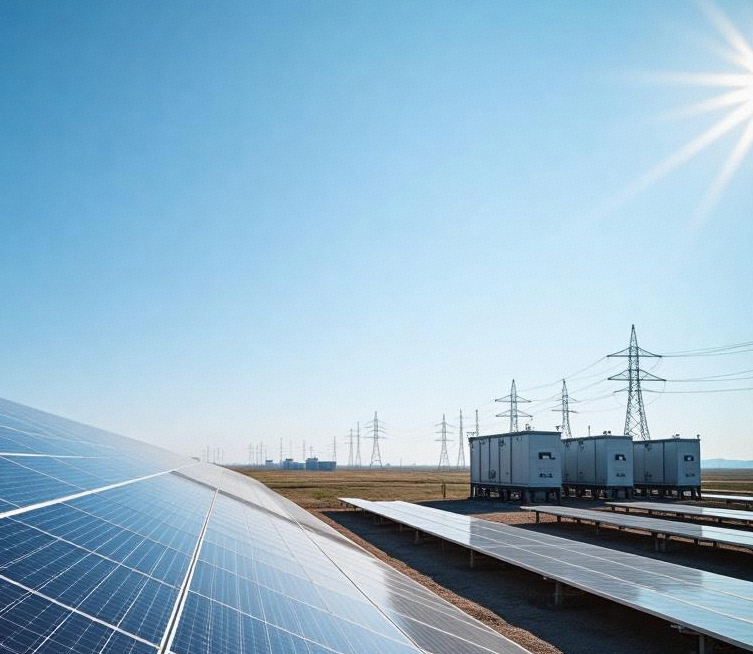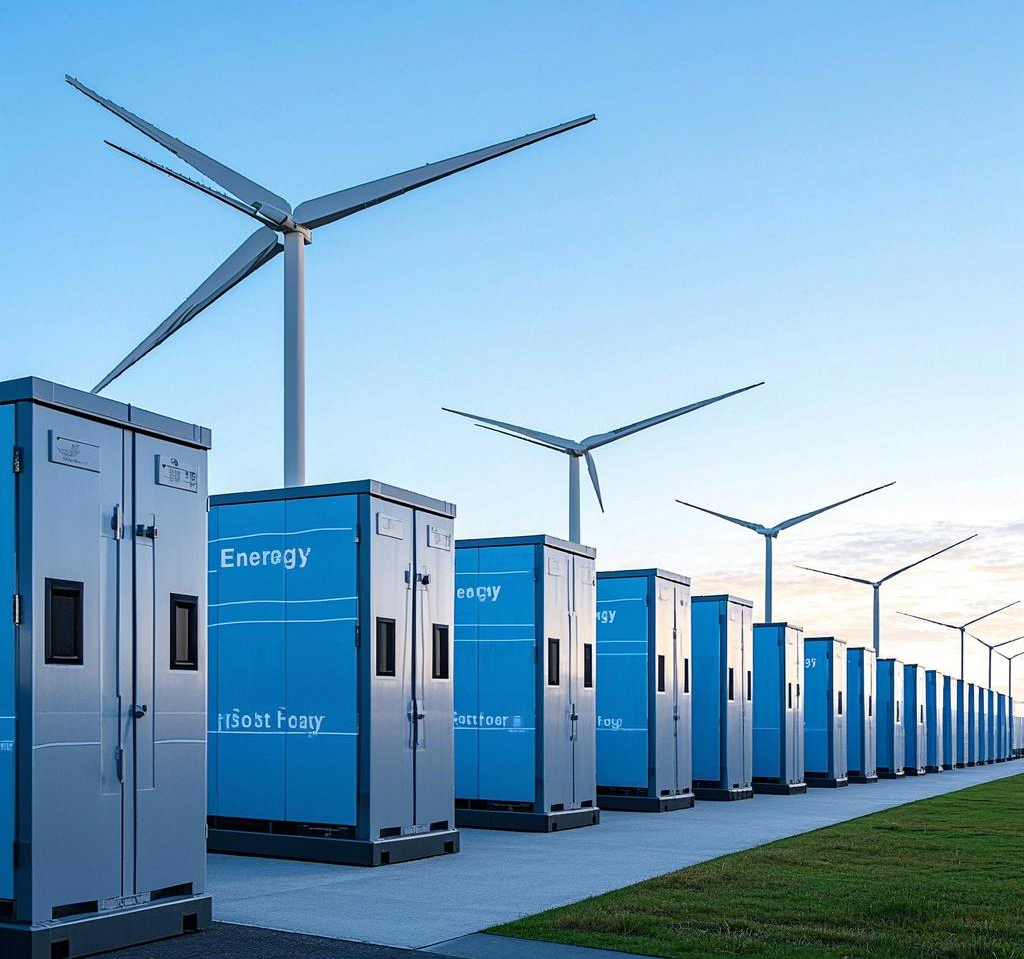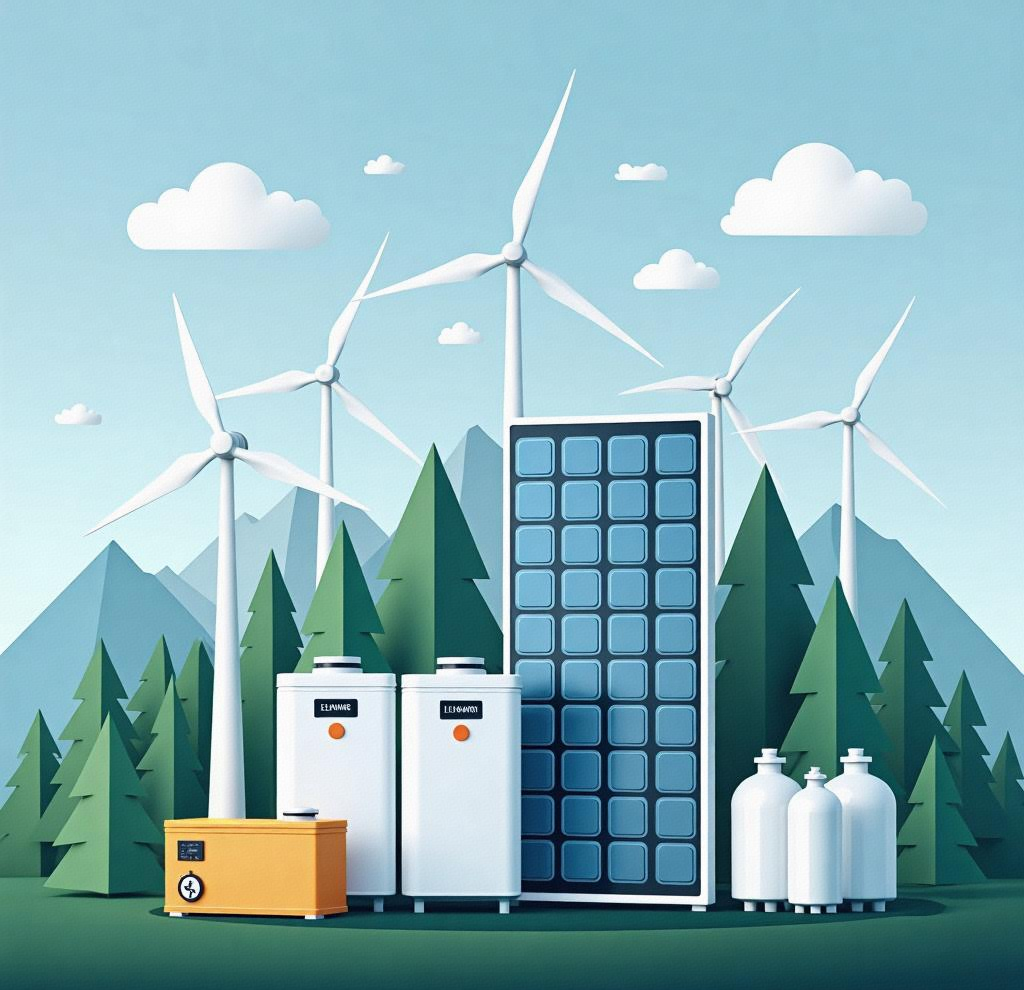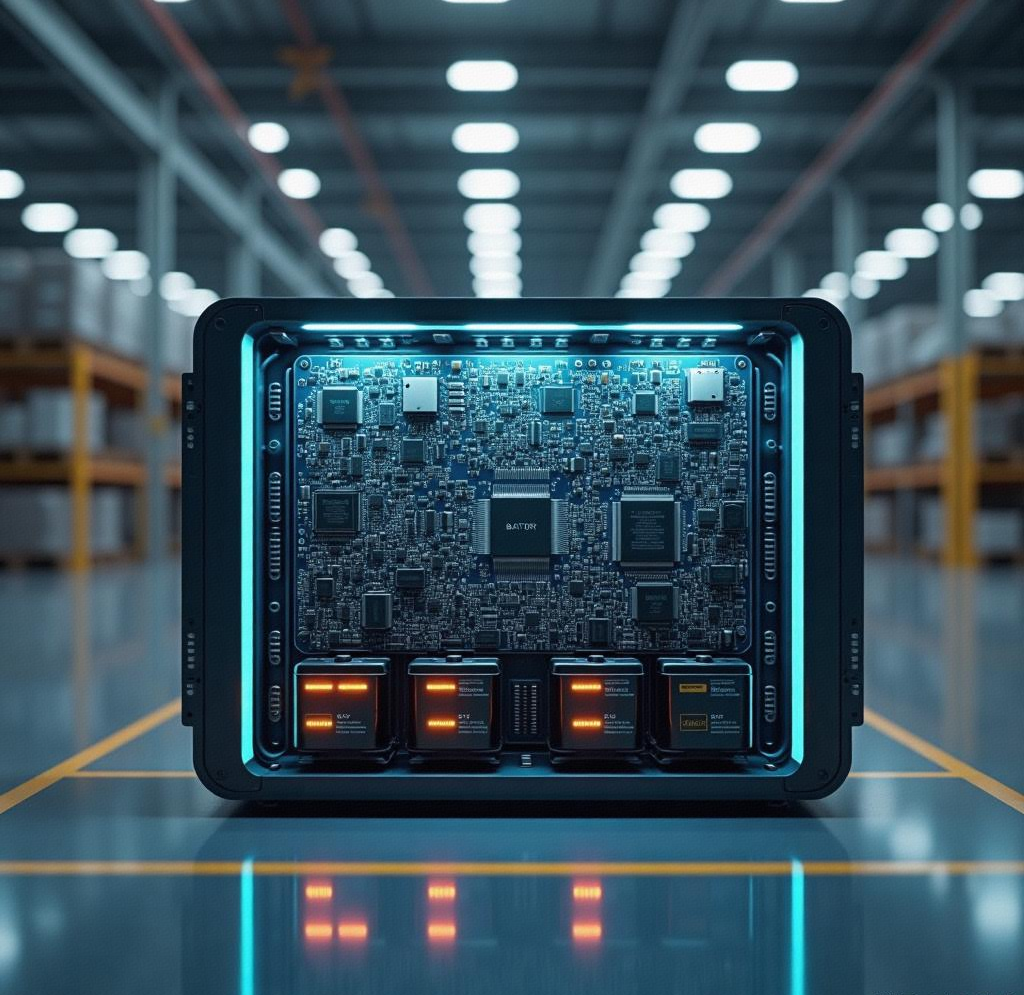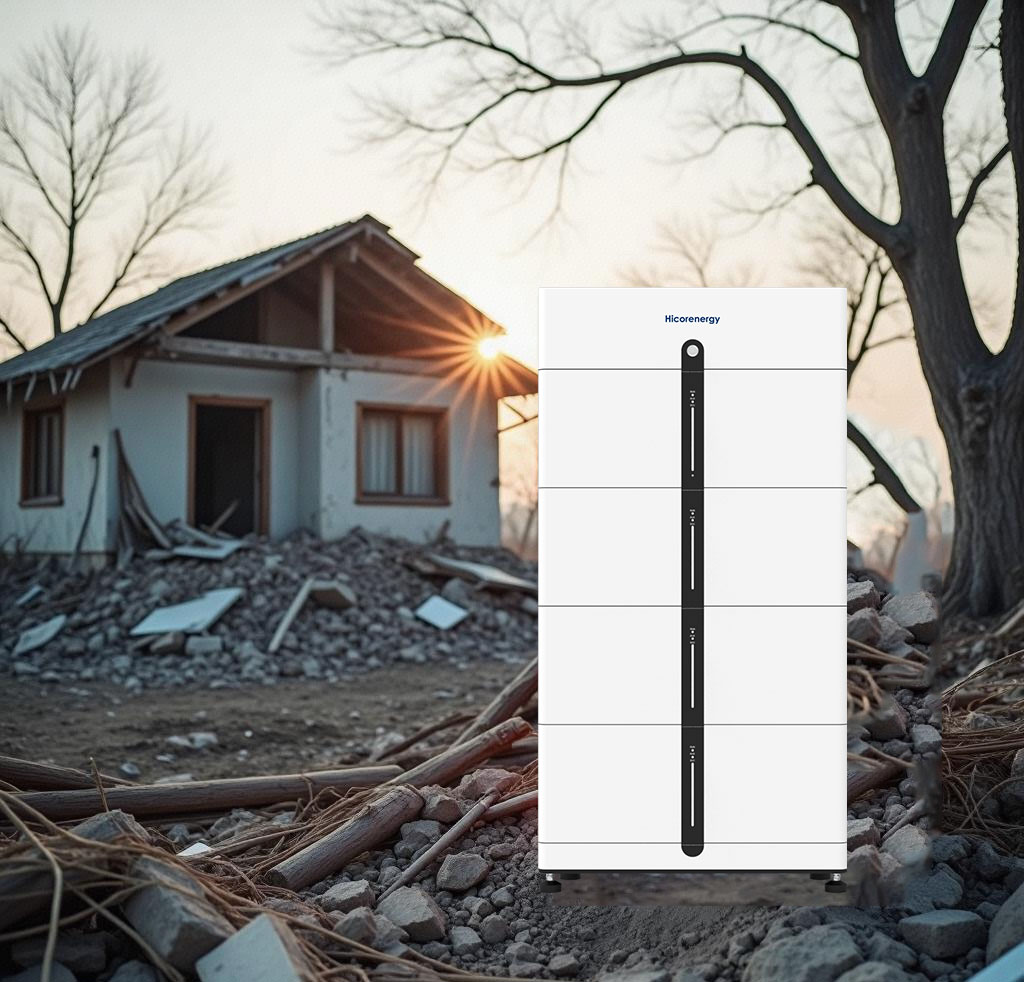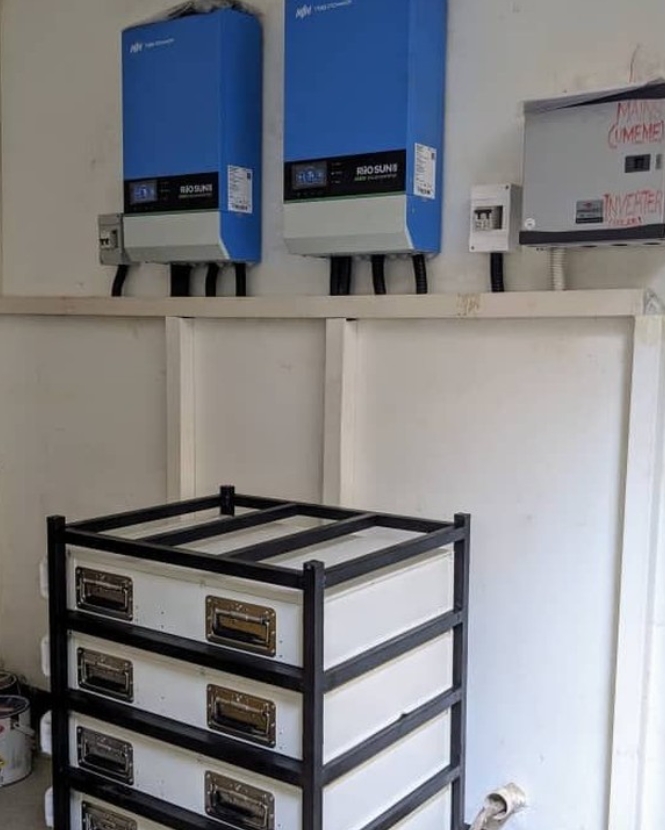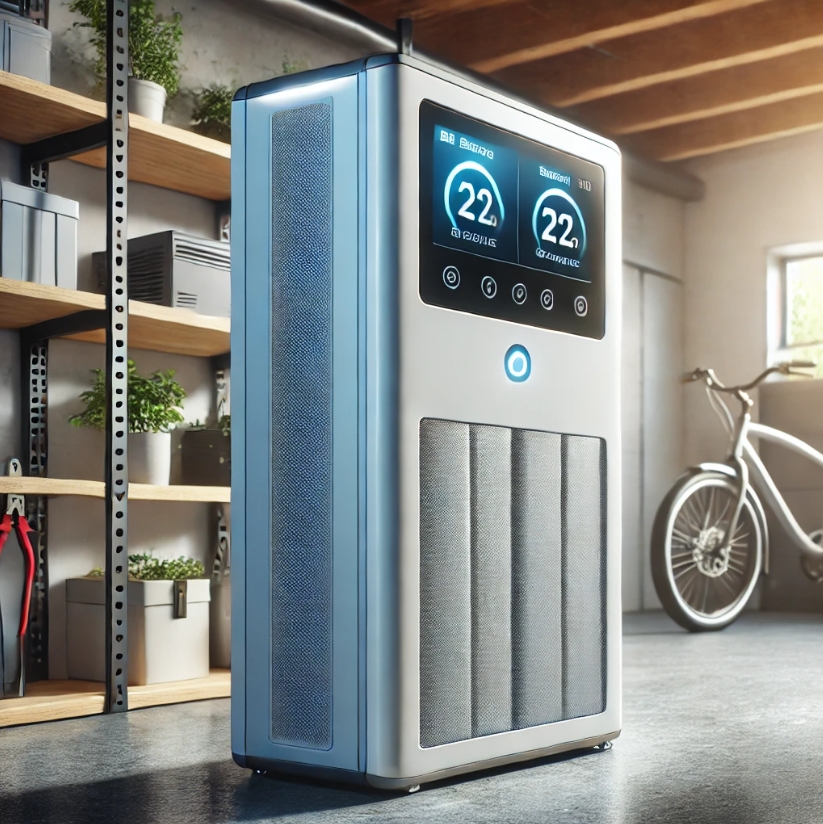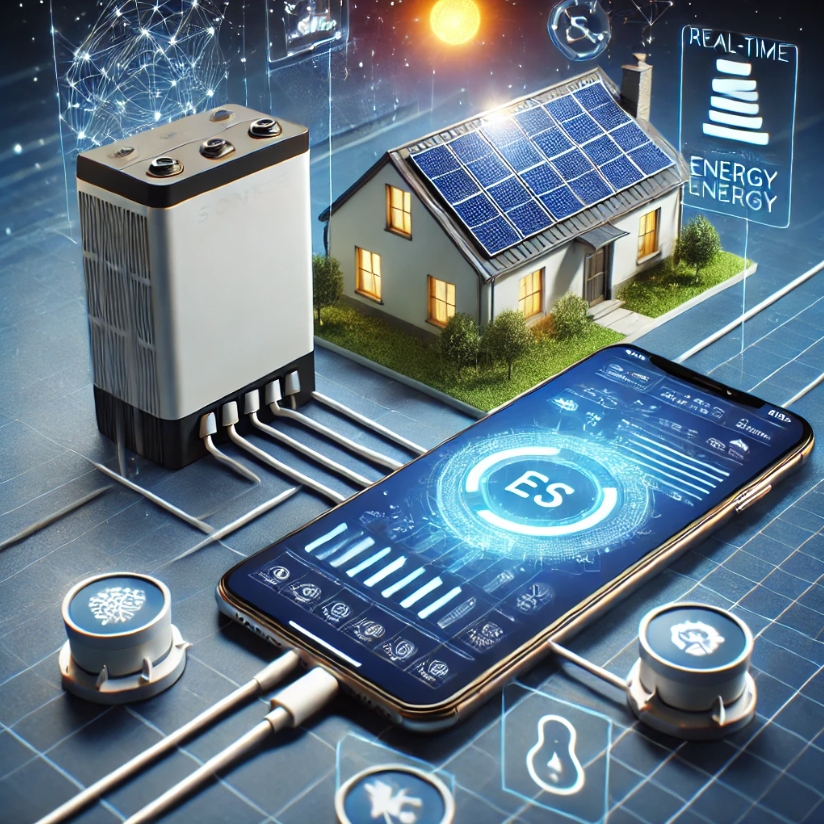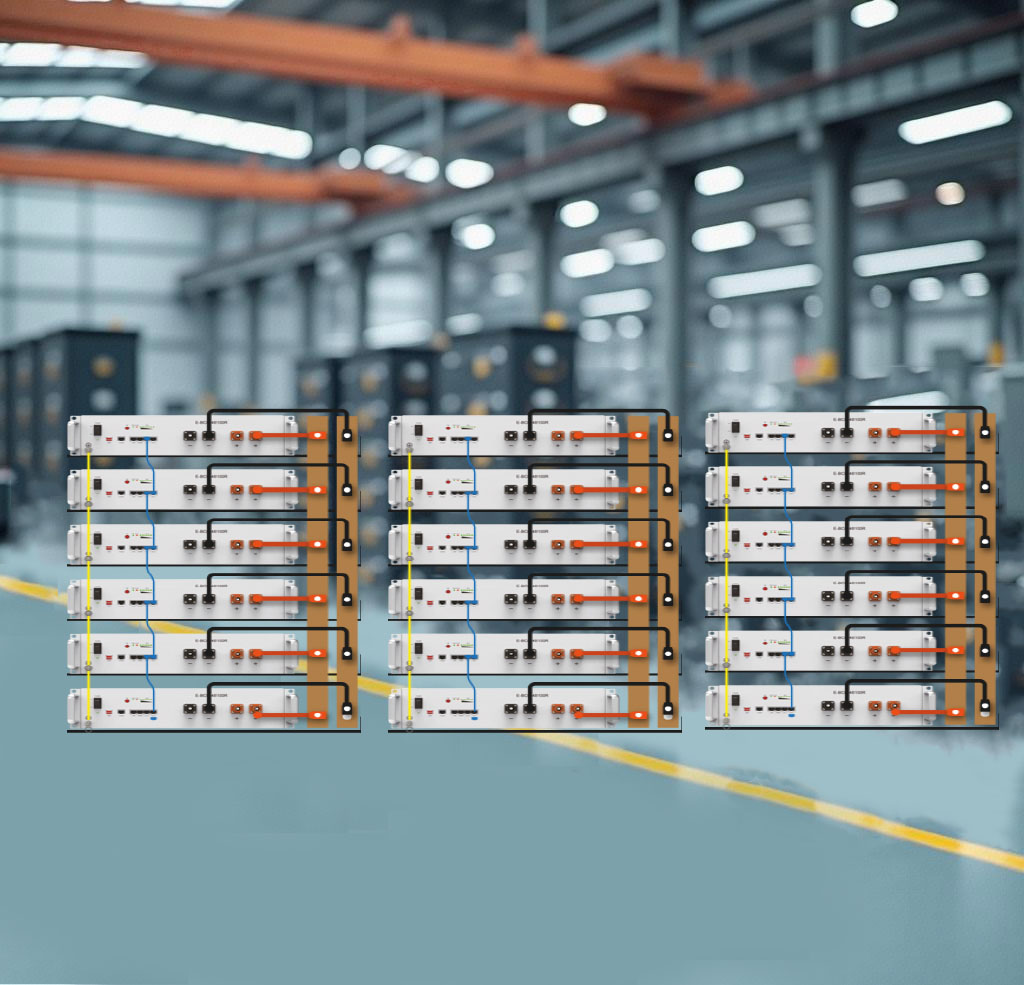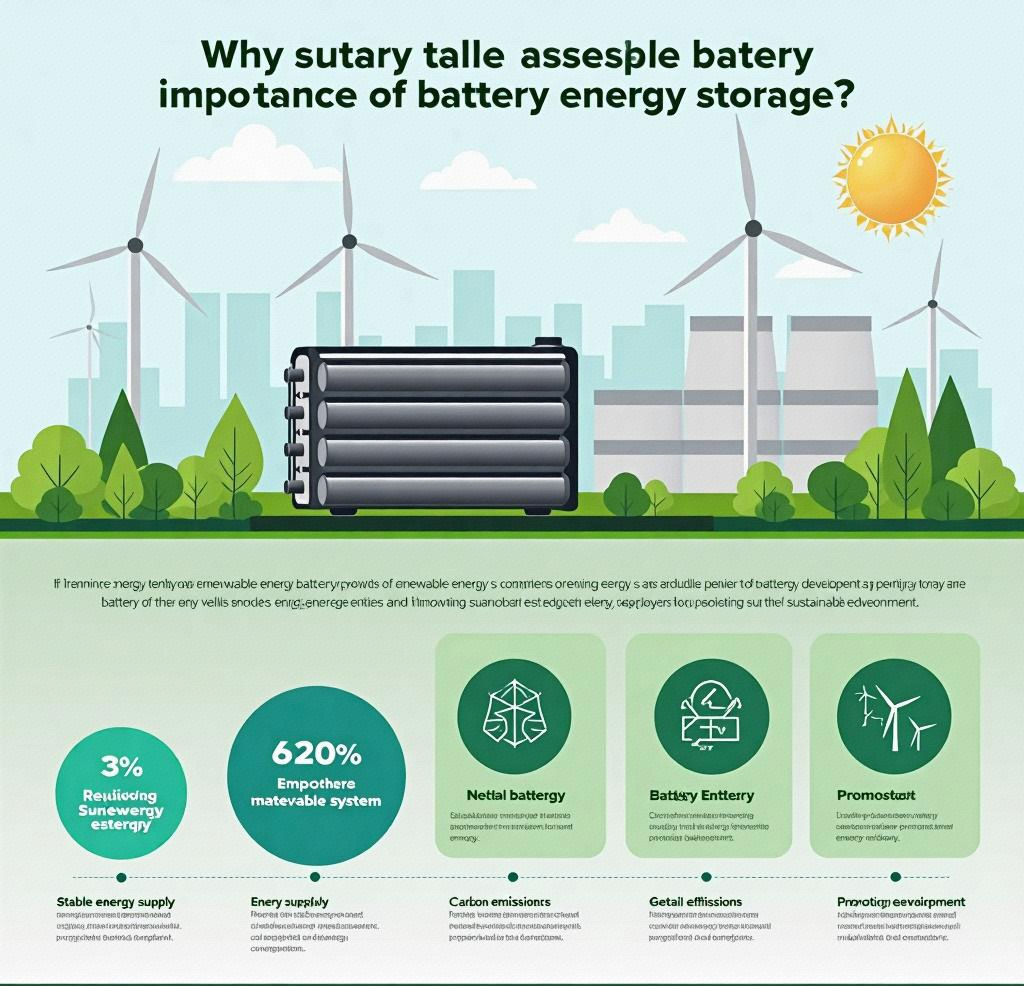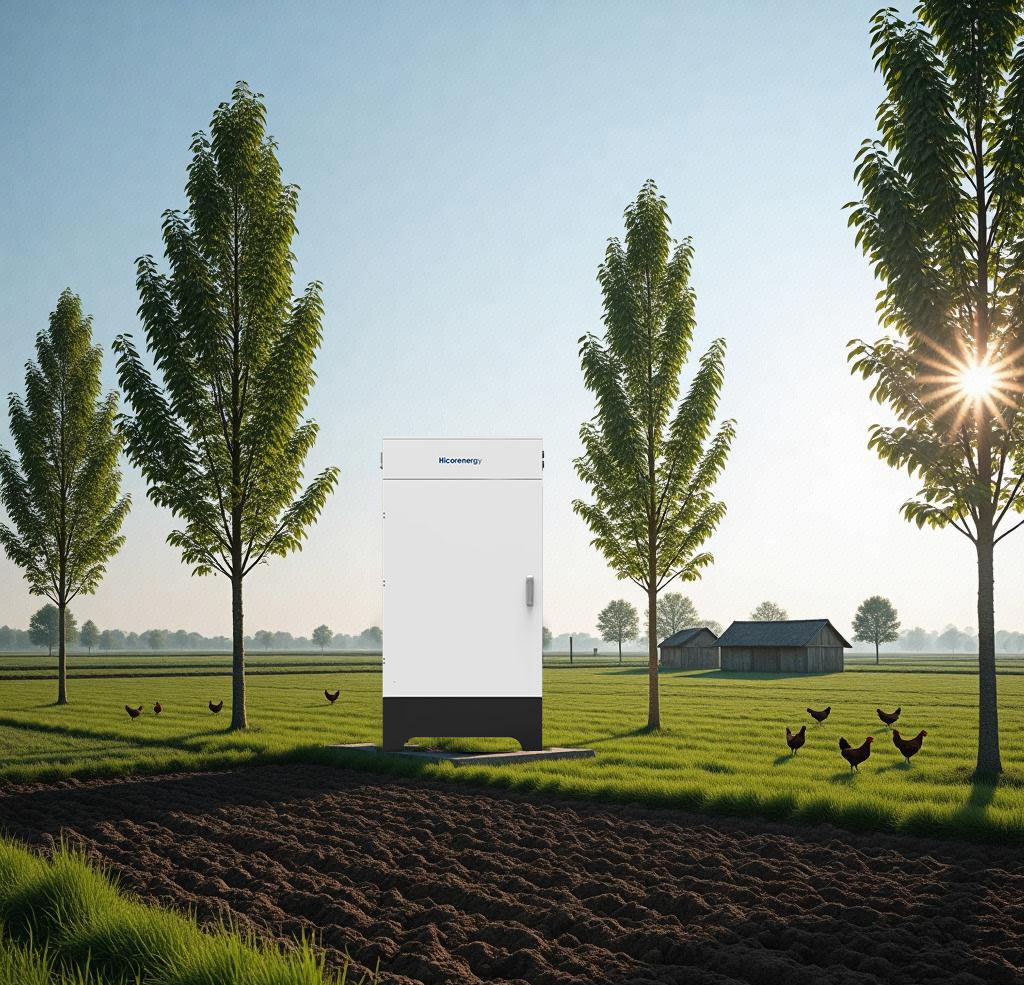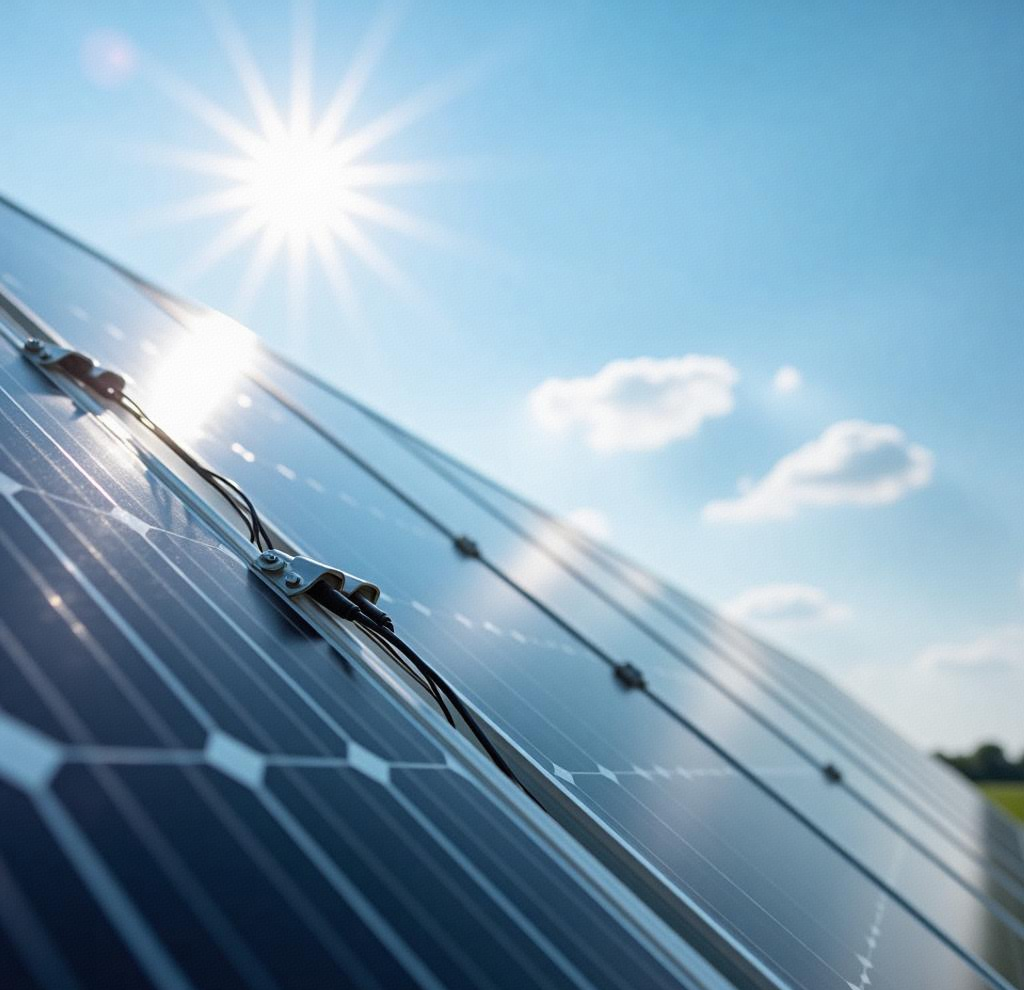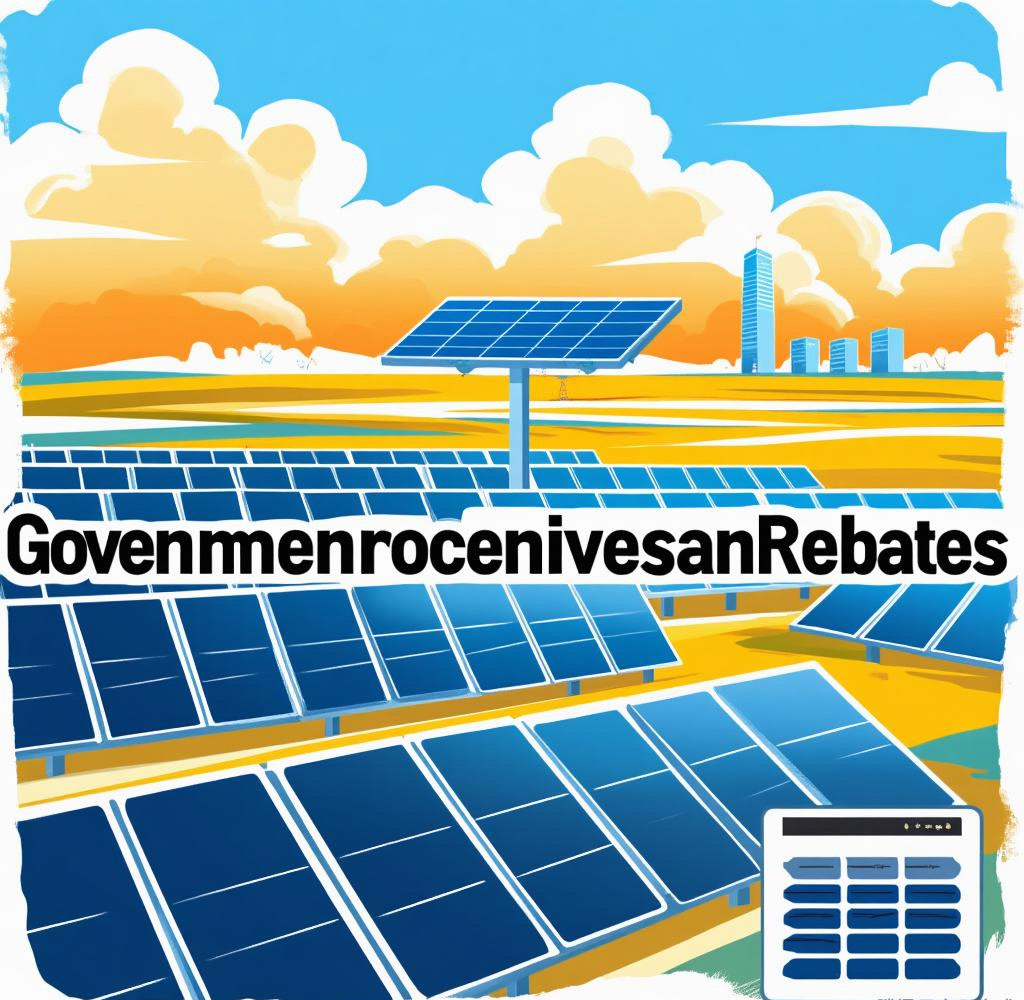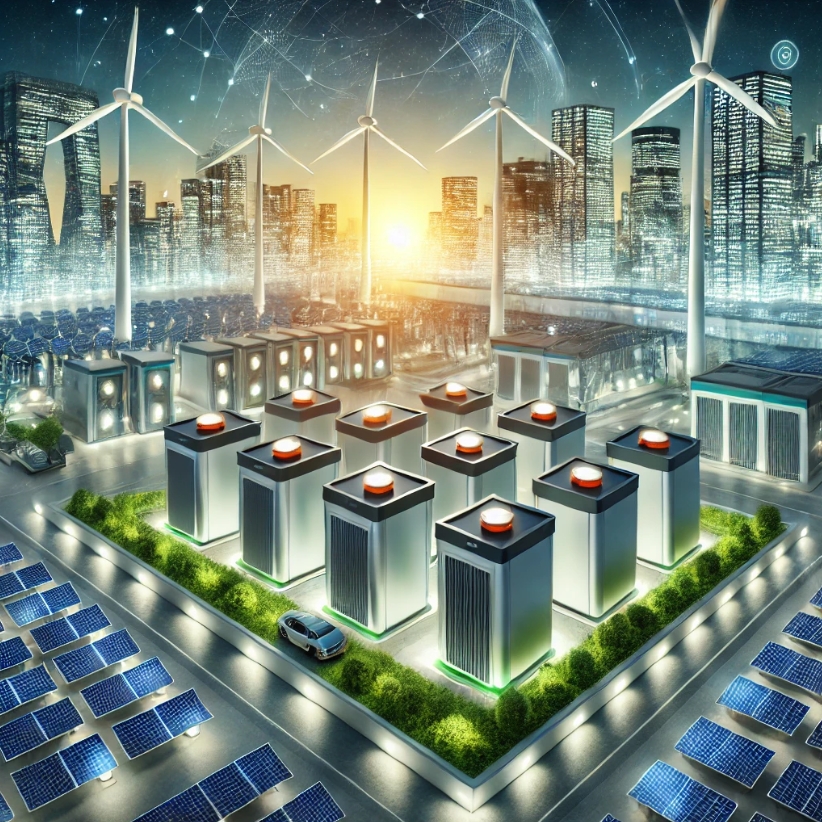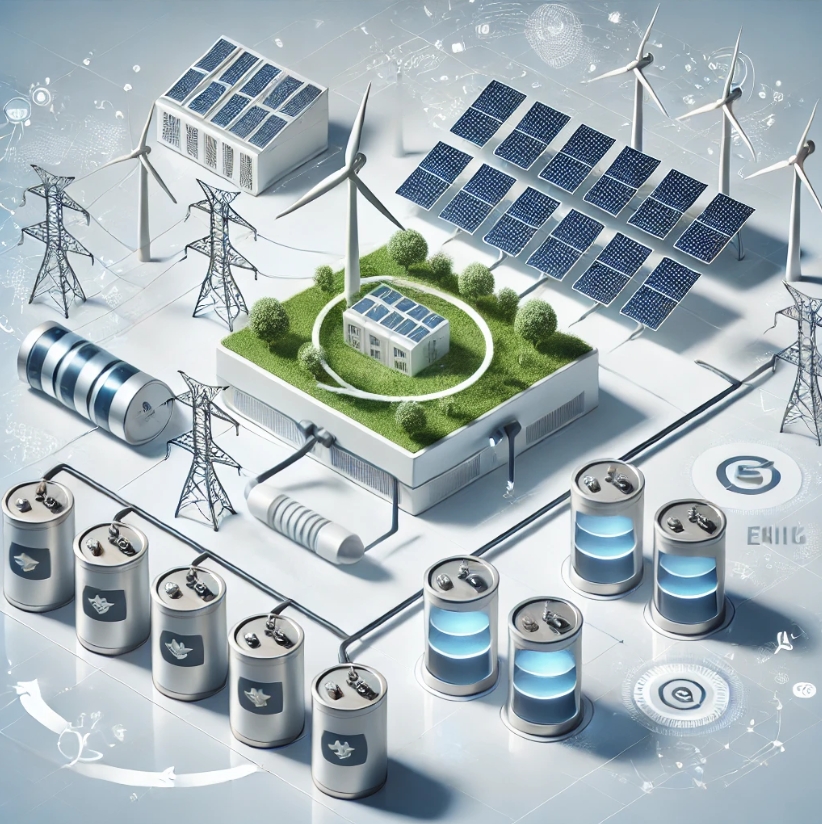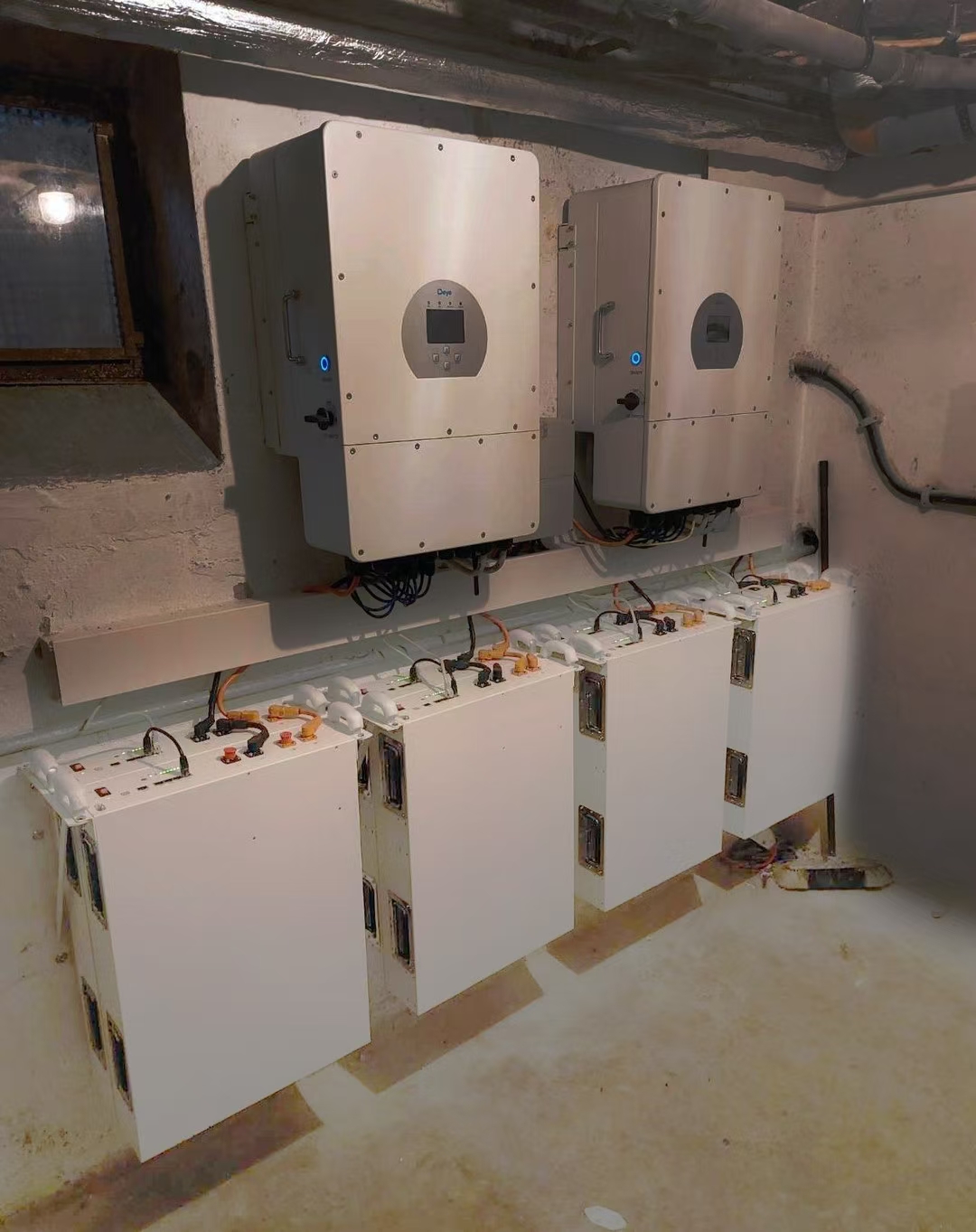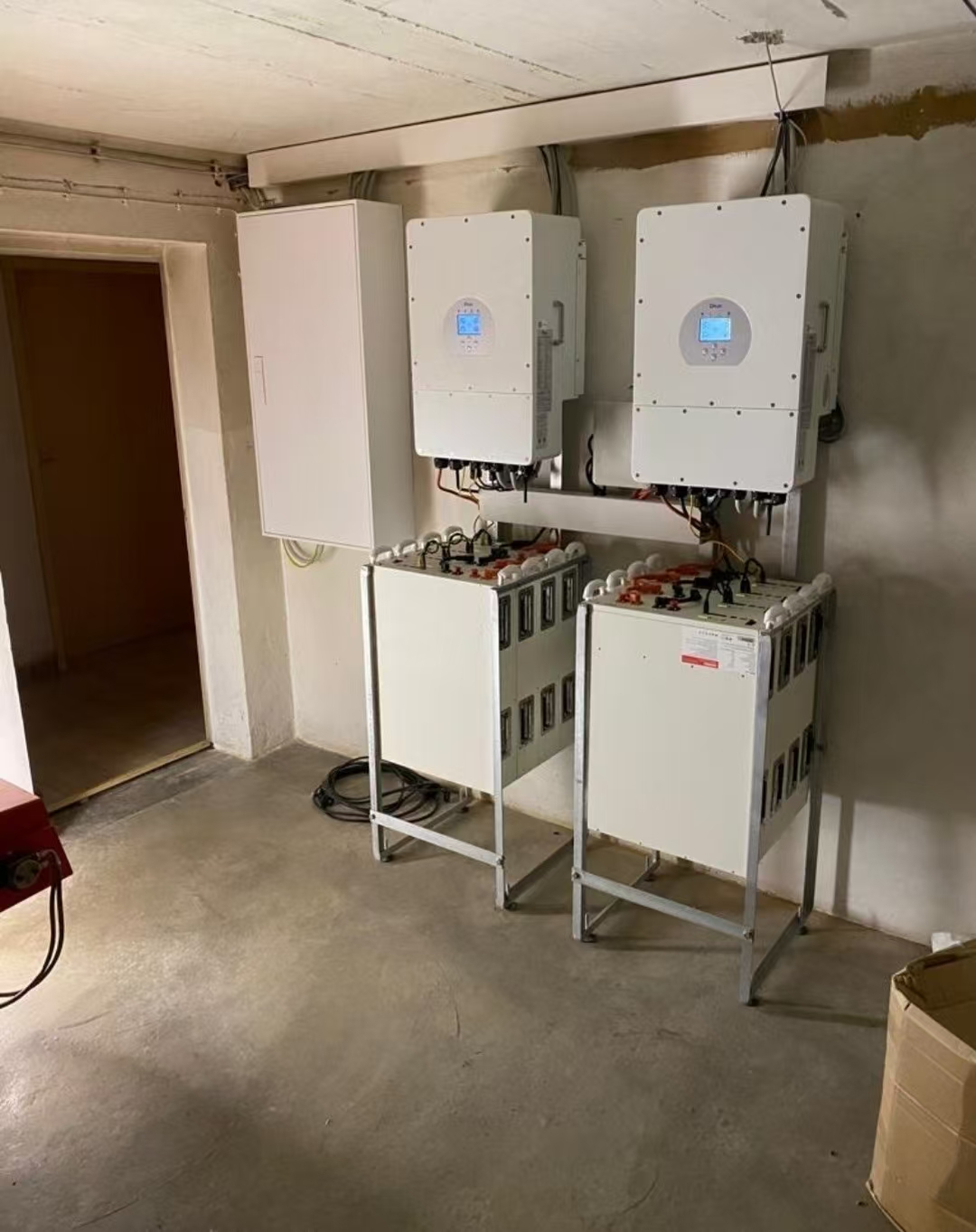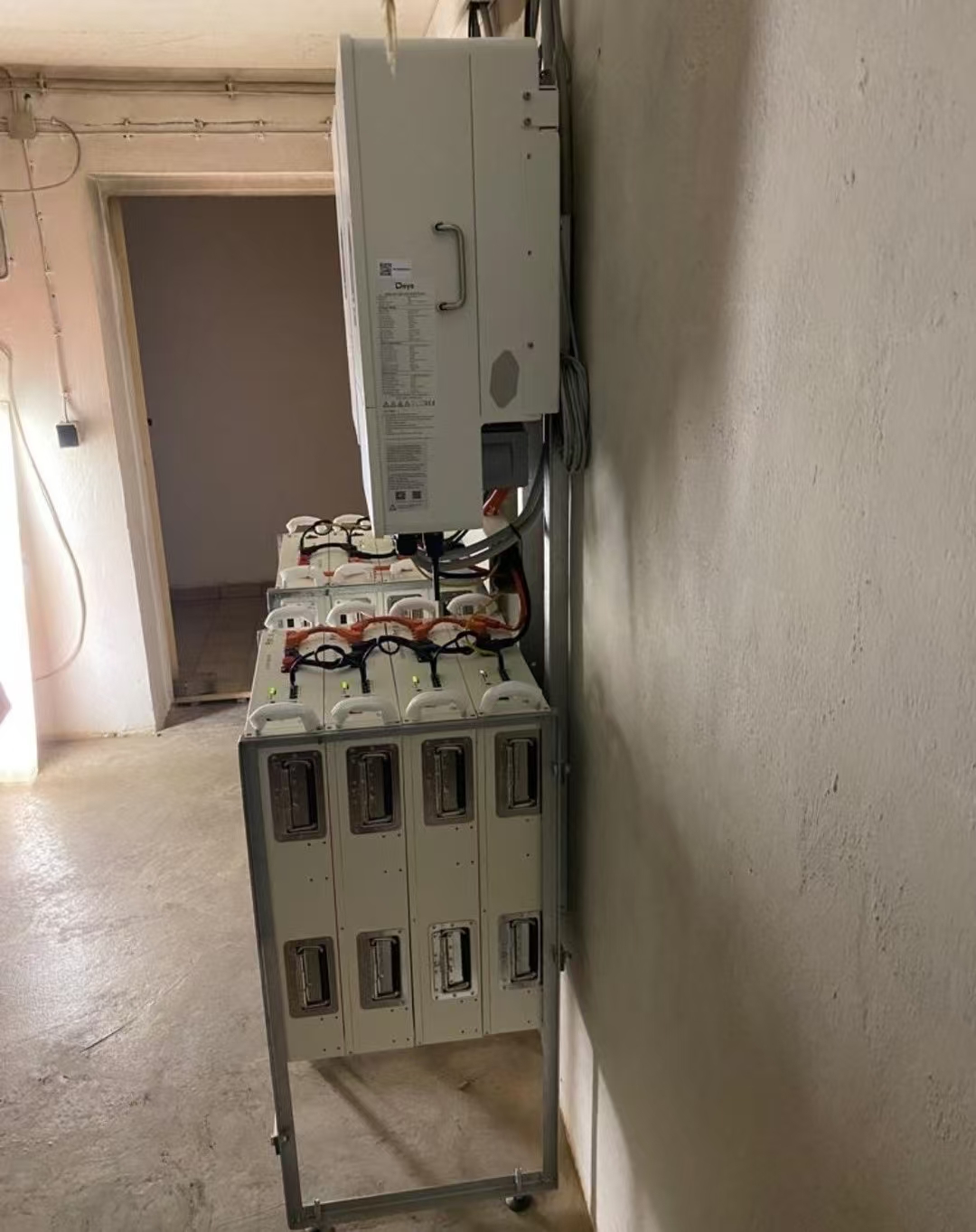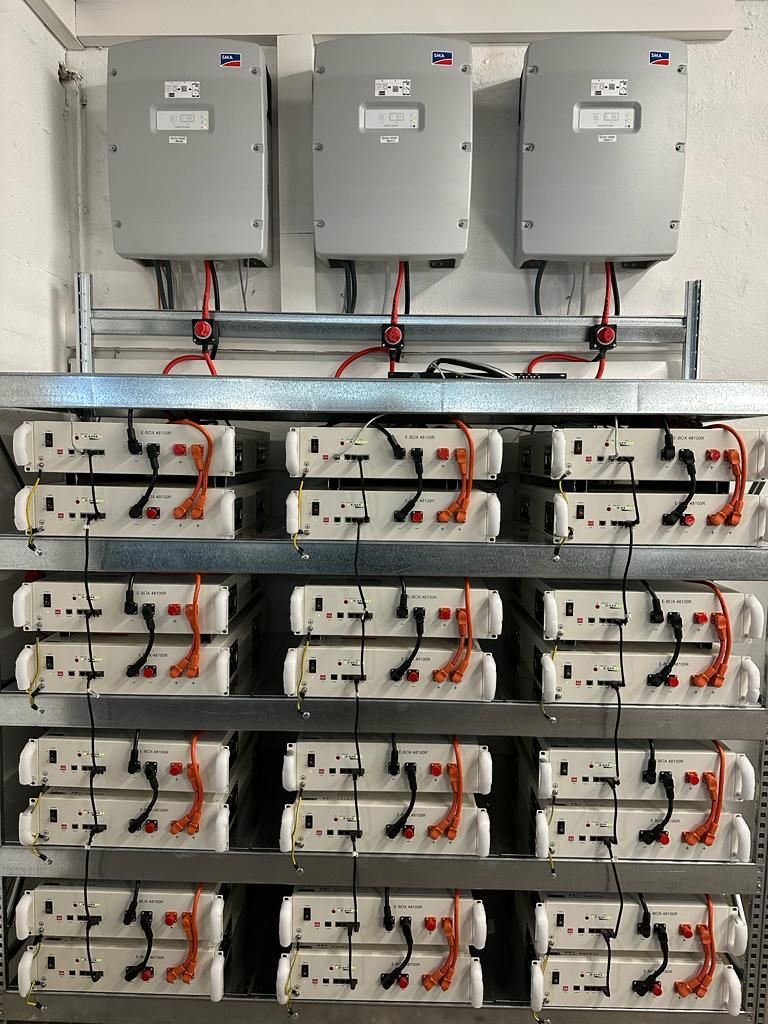In today’s energy-conscious world, the demand for efficient, reliable, and cost-effective power solutions is on the rise. Energy storage batteries offer a versatile and sustainable solution for both residential and commercial users. By integrating an energy storage battery system, homeowners and businesses can enhance energy independence, reduce costs, and contribute to a greener future. As electricity costs continue to rise and power outages become more frequent, investing in an energy storage battery is an essential step toward long-term energy security and financial savings.
Unlocking the Advantages: How Energy Storage Batteries Benefit Homes and Businesses
Energy storage batteries provide cost savings, backup power, and energy independence while supporting renewable energy integration and improving grid stability. These systems enhance efficiency, reduce reliance on the grid, and ensure a sustainable and resilient power supply. They also help businesses and homeowners take advantage of peak demand pricing, optimize energy consumption, and contribute to the transition toward cleaner energy solutions.
Exploring the Key Benefits of Implementing Energy Storage Solutions in Residential and Commercial Settings, energy storage battery systems allow for efficient management of electricity consumption. They store surplus energy for later use, optimize grid demand, and provide a reliable power source during peak hours. Businesses and homeowners benefit from improved power resilience, lower energy costs, and greater control over their energy usage. The ability to store renewable energy for later use enhances self-sufficiency, providing a dependable energy supply even during unfavorable weather conditions or grid failures.
Read on to discover how an energy storage battery can transform your energy management.
Cost Savings: Reducing Energy Bills Through Efficient Storage
An energy storage battery significantly lowers electricity costs by optimizing energy consumption. By storing energy during low-demand periods and using it during peak hours, homeowners and businesses can reduce their reliance on expensive grid power. For businesses, peak demand charges account for a substantial portion of their electricity bills. Battery energy storage systems (BESS) help mitigate these costs by supplying stored energy during peak demand, minimizing overall expenses.
Moreover, energy storage battery systems facilitate participation in demand response programs, allowing users to sell excess stored energy back to the grid, generating additional revenue. Home energy storage battery solutions provide similar benefits, enabling homeowners to take advantage of time-of-use electricity rates and achieve long-term cost savings. By strategically managing energy consumption, users can avoid high electricity prices and make their energy usage more predictable and cost-effective.
Businesses, especially those with high electricity consumption, can benefit from integrating commercial energy storage battery solutions into their operations. By reducing peak demand charges and optimizing electricity consumption, companies can significantly cut their operational costs while improving overall energy efficiency. Large-scale industrial users can even leverage battery storage systems to participate in utility programs that reward energy conservation and grid stability, creating new opportunities for revenue generation.
Energy Independence: Minimizing Reliance on the Grid
With increasing concerns over grid reliability, an energy storage battery provides homeowners and businesses with greater energy independence. By integrating battery storage with solar panels or other renewable energy sources, users can generate and store their own electricity, reducing dependence on the traditional power grid.
Energy independence with an energy storage battery system is especially beneficial in areas prone to power disruptions or high electricity costs. Commercial energy storage battery solutions allow businesses to maintain stable operations without being affected by fluctuating energy prices or grid instability. This ensures continuity in critical industries such as healthcare, manufacturing, and data centers, where uninterrupted power is essential.
Furthermore, energy independence enables users to take advantage of off-grid power solutions, reducing their vulnerability to utility rate hikes and supply disruptions. Homeowners in remote locations or regions with weak grid infrastructure can achieve greater self-sufficiency by relying on battery energy storage systems, ensuring consistent power availability even in the most challenging conditions. Businesses can also improve sustainability efforts by reducing their carbon footprint and demonstrating corporate responsibility by adopting renewable energy storage battery solutions.
Backup Power: Ensuring Continuity During Outages
Power outages can disrupt daily life and business operations, leading to financial losses and inconvenience. Backup power solutions provided by an energy storage battery offer a reliable alternative by supplying electricity during grid failures. Unlike traditional backup generators that rely on fuel, battery energy storage systems provide instant, clean, and maintenance-free power.
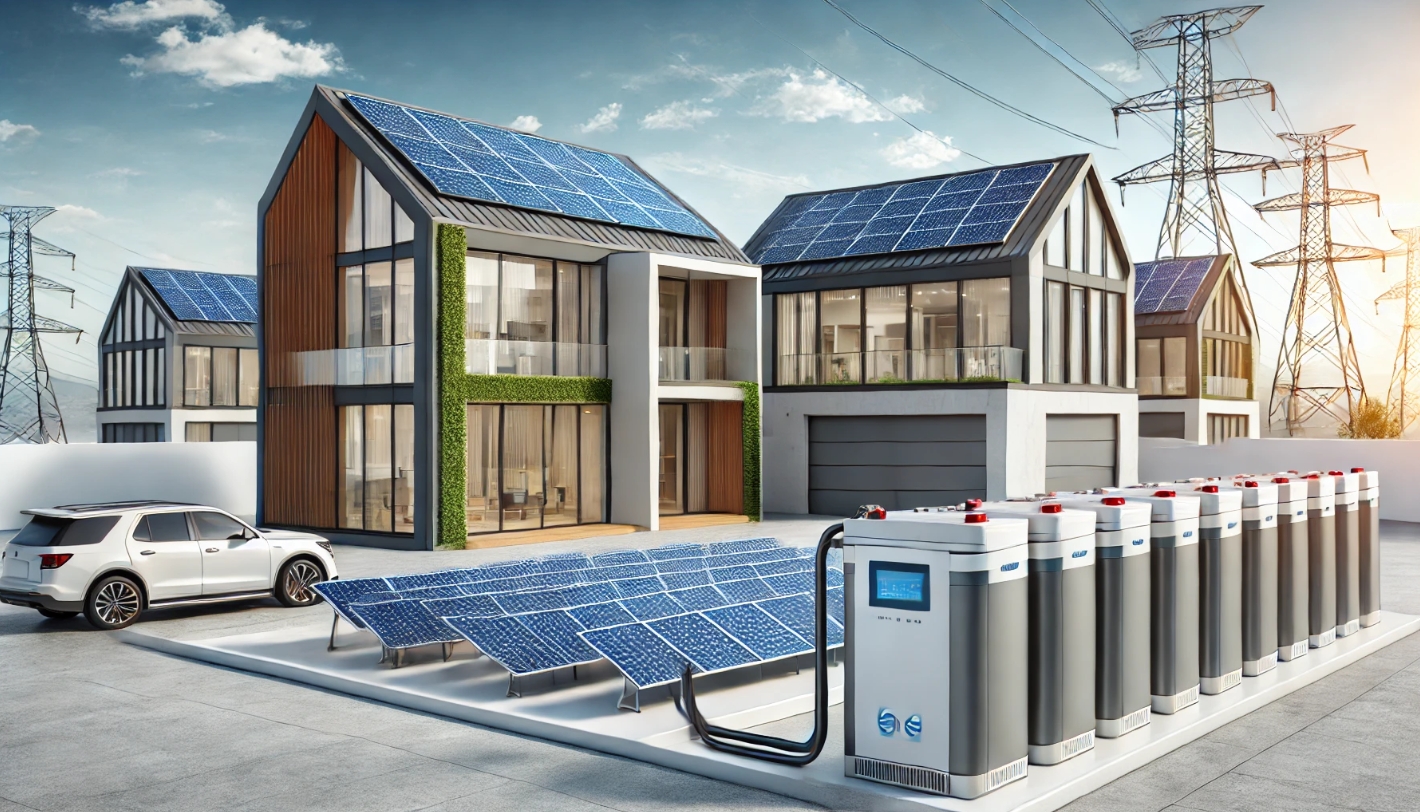
For homeowners, this means uninterrupted electricity for essential appliances during storms or grid failures. Businesses, on the other hand, can safeguard against costly downtime by maintaining critical operations, ensuring customer satisfaction, and preventing revenue loss. With a properly sized energy storage battery system, users can extend backup power supply for several hours or even days, depending on energy consumption.
In addition to reliability, backup power solutions improve overall safety. Unlike fuel-powered generators, which produce emissions and require ongoing maintenance, battery energy storage systems operate quietly and efficiently. This makes them an ideal choice for homes and businesses looking for a sustainable and low-maintenance backup power option. The ability to integrate an energy storage battery with renewable energy sources further enhances reliability, ensuring that stored power remains available even in extended outage scenarios.
Environmental Impact: Supporting Renewable Energy Integration
Energy storage batteries play a crucial role in promoting renewable energy integration by maximizing the use of sustainable energy sources. Solar and wind power generation are intermittent, producing excess energy at times when demand is low. An energy storage battery captures and stores this energy for later use, ensuring continuous renewable energy supply.
By reducing reliance on fossil fuels, battery energy storage systems contribute to lower carbon emissions and a cleaner environment. Home energy storage batteries and commercial energy storage solutions are vital for achieving sustainability goals, making them an essential component of a green energy transition.
Additionally, battery energy storage supports decarbonization efforts by reducing greenhouse gas emissions and decreasing dependence on non-renewable energy sources. Businesses that adopt commercial energy storage battery solutions can enhance their corporate social responsibility initiatives, showcasing their commitment to environmental stewardship. The widespread adoption of battery storage technologies is essential for driving the transition toward a more sustainable and climate-resilient energy future.
Grid Stability: Contributing to a More Resilient Energy Infrastructure
Energy storage batteries help stabilize the electricity grid by balancing supply and demand fluctuations. Grid stability is enhanced as stored energy can be released during high-demand periods, preventing power shortages and blackouts. Additionally, battery storage systems support frequency regulation and peak demand management, which improve overall energy resilience.
Businesses and utilities benefit from reduced strain on infrastructure, minimizing the risk of grid failures. In regions with high renewable energy penetration, energy storage battery solutions play a pivotal role in ensuring a stable and reliable power supply, paving the way for a more sustainable energy future.
Furthermore, integrating an energy storage battery with smart grid technologies enhances energy distribution efficiency and optimizes electricity flow. This ensures that power networks remain resilient, even as demand grows and energy sources diversify. By investing in battery energy storage systems, businesses and homeowners can contribute to the modernization of the energy grid while enjoying a more reliable and cost-effective power supply.
Take control of your energy needs with advanced energy storage battery solutions. Contact Hicorenergy today to learn more about how our cutting-edge energy storage systems can benefit your home or business!

